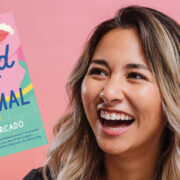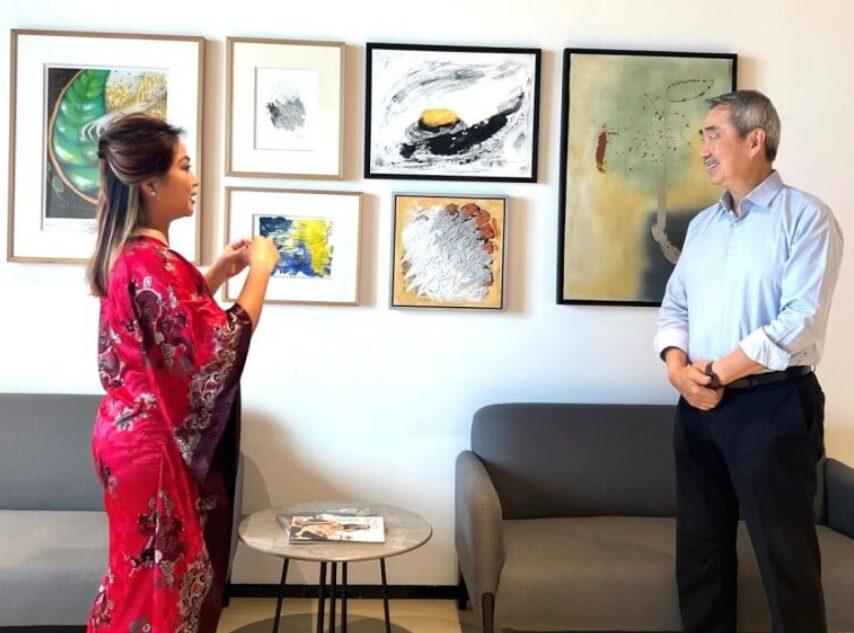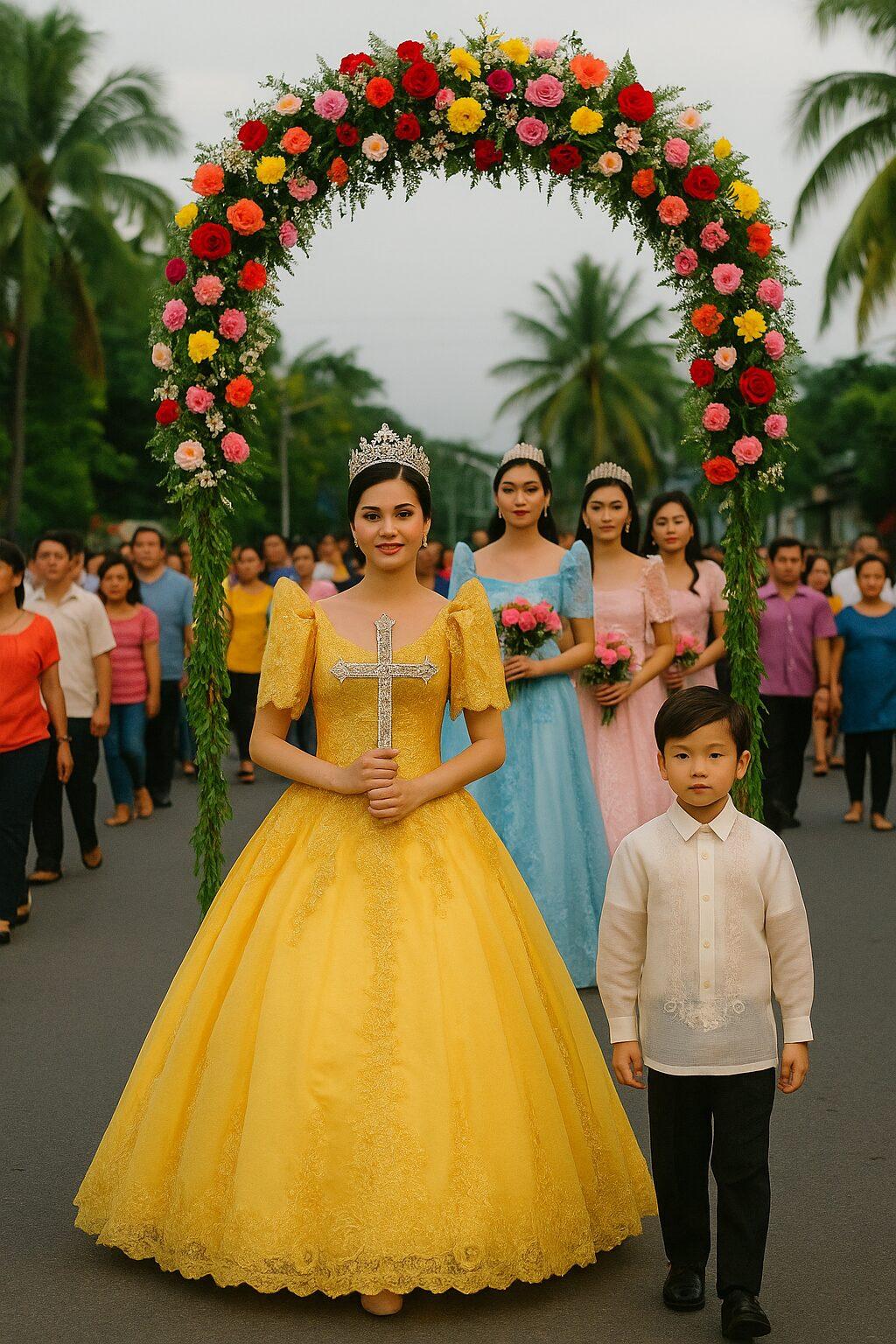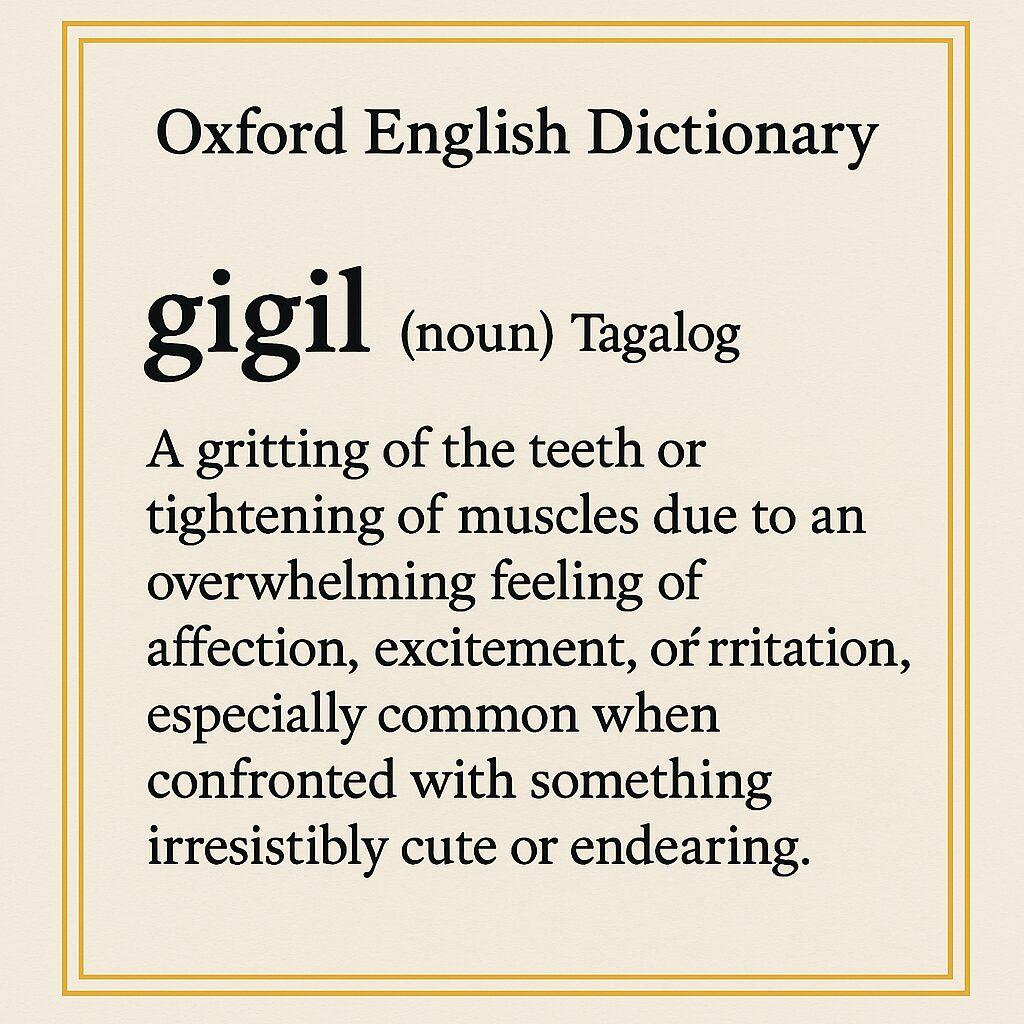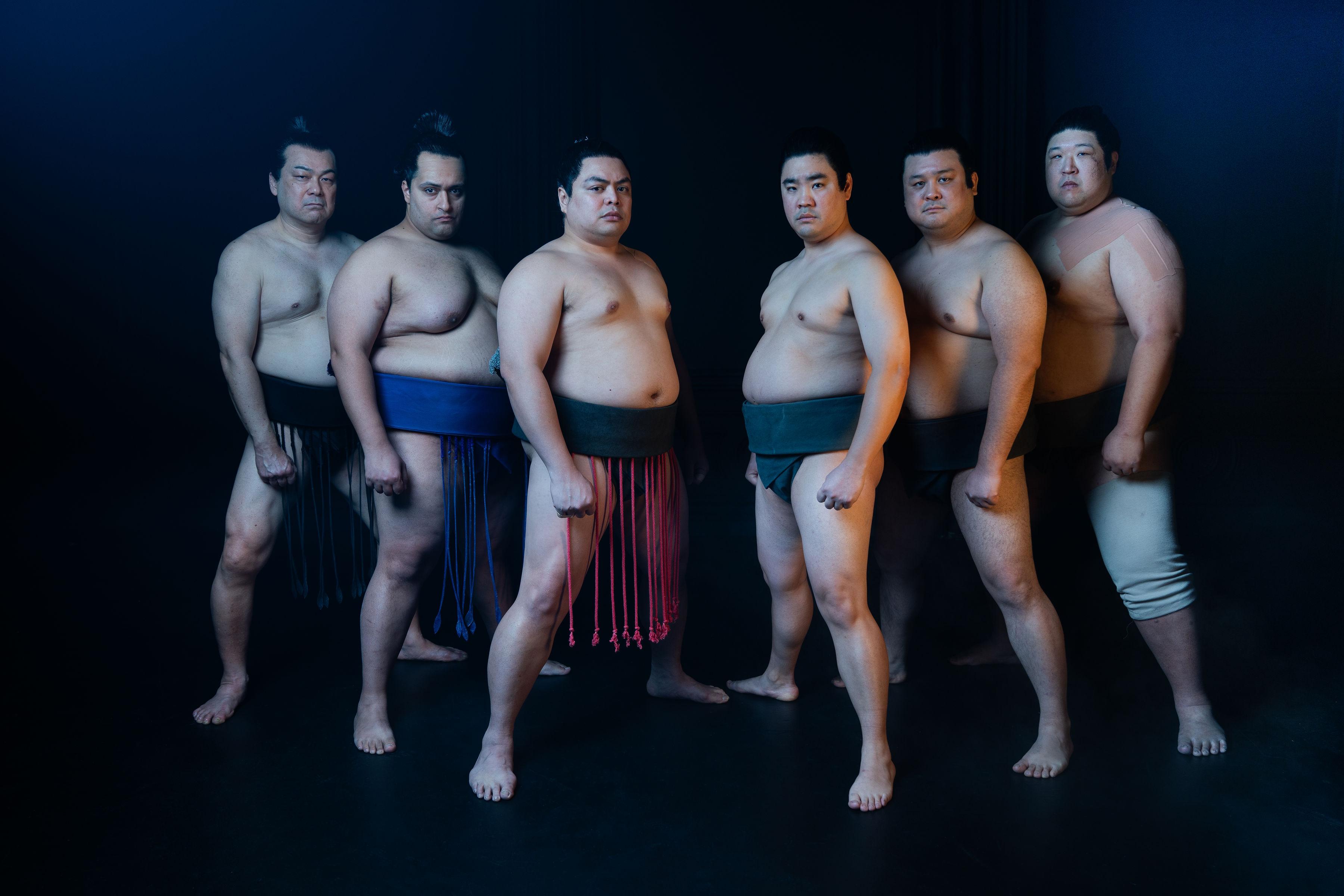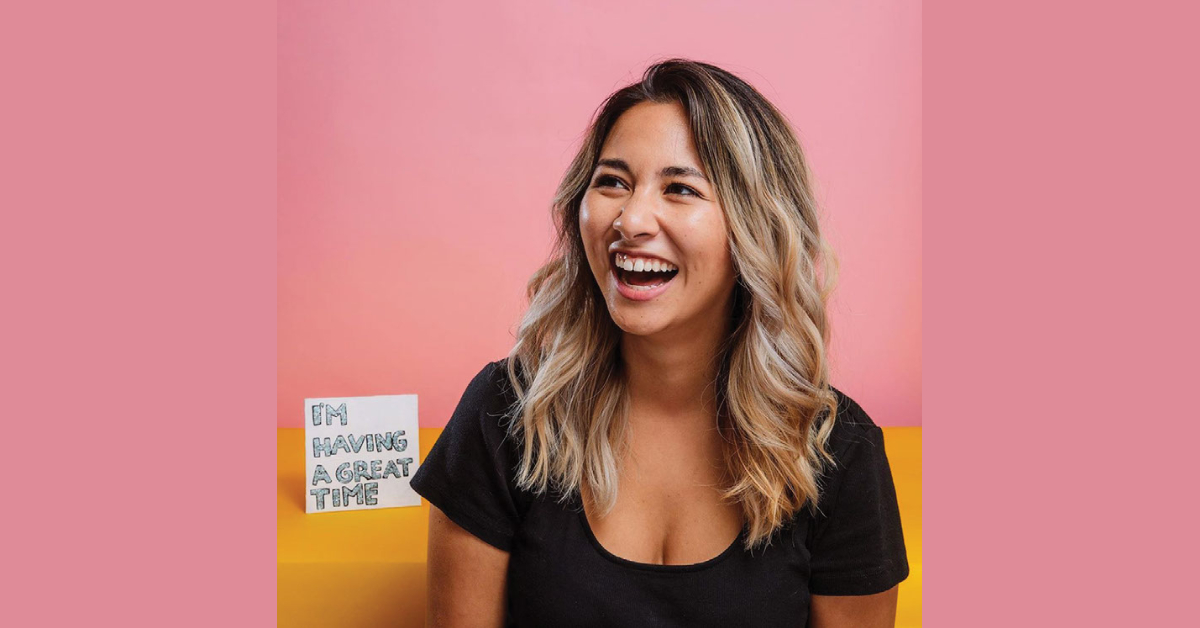
Meet Mia Mercado, a Filipina American millennial humorist who launched “Weird But Normal,” her debut collection of essays last May.
The essays focus on various subjects, from gender roles, sexuality and beauty standards to racial identity, privilege and work dynamics.
In the book, Mercado shares her insights about issues, some absurd, some beautiful and some mundane.
Armed with her sharp humor and wit, “Weird But Normal” brings the laughter and hilarity, and we sure need some of those these days.
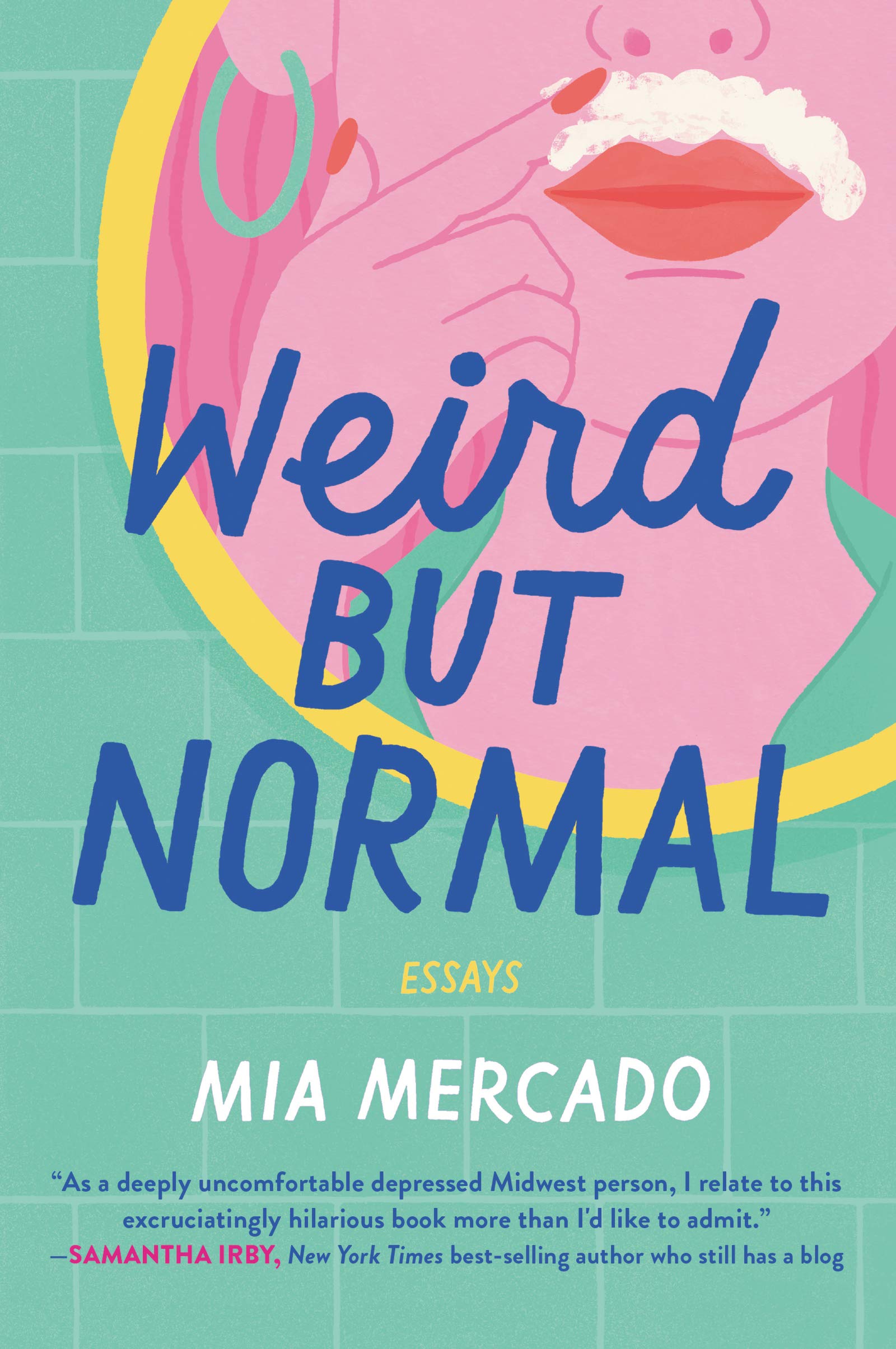
Mercado deftly maneuvers her way around humor, identity, culture and the intersections between them and comes up with gems.
Some parts are a little intimate and personal as the author delved into her memories as a young girl going through her teens (along with the corresponding bad/good decisions), and now adulting (with issues on racism, relationships and capitalism). It’s like watching an unfiltered livestream of a reality show where the protagonist wears her heart on her sleeve as she shares some painfully embarrassing moments in her life so far.
Some of the essays look hilarious, judging by the titles alone: “The Holy Sacrament of Birth Control,” “I Am the Girl From Your Tampon Commercials,” “Can I Still be a Good Girl While Still Getting F*cked Up?,” “All the Things I Thought Sex Was” and “White Friend Confessional.”
Born to a Filipino dad and a white mom, Mercado grew up in what she describes as “very suburban Christian Midwest” (read: Glendale, a small city outside Milwaukee in Wisconsin). She took up creative writing at the University of Wisconsin, the same university where her parents met.
She has been asked “where she’s from” many, many times that she felt she had to make some jokes out of it so it wouldn’t overburden her thoughts. As a young girl, she didn’t realize what it meant then but now that she’s an adult, she says she’s “all too familiar with this line of questioning.”
“‘What ethnicity are you?’ is something I’ve been asked so frequently my answer is not only well rehearsed, it comes equipped with a brief lesson in Filipino history and the etymology of my last name. I’m working on a choreographed musical number called ‘Spain Colonized the Philippines and All I Got Was a Spanish-sounding Last Name and a Whole Lot of Catholicism.’” Mercado writes.
There’s a part in the book where she introduces Rachel Ambiguity (see what she did there?), where she talks about how being half-white afforded her “white-adjacent privilege,” and says that while her mixed-race informs every part of her life and experience, it is not the focus.
Mercado’s essays have been published in outlets such as The New Yorker, The New York Times, Washington Posts’ The Lily, New York Magazine’s The Cut, Bustle, McSweeney’s, Gizmodo, The Hairpin, among others. For a time, she also worked as a greeting-card writer and editor at Hallmark.
In an interview with the Asian Journal, Mercado shares how this book of essays came about.
Asian Journal (AJ): What was the reason behind the book?
MM: It’s something that seemed like a pipe dream or something I’d need to wait years to be even remotely qualified to do until I had enough people with enough publishing power saying I could do it. There are self-aggrandizing and self-sacrificial and romantic reasons why I wanted to write a book, but ultimately, I wrote the book for, I’m guessing, the same reason anyone writes a book: I had an idea and enough people said “yes” to it.

AJ: What was the writing process like for you, did you follow a certain structure or did you write about what you wanted to write when inspiration struck?
MM: If you asked any writer if they’d ever want to write a book, they’d be like, “Yes, duh, of course.” If you told them to start writing it, they’d be like, “Oh, you meant, like, now?” It was a lot of sitting in coffee shops, thinking about writing, and then maybe writing a couple sentences. I need a lot of thinking time/brainstorming time/looking at Twitter time before I write something. When I would write, I’d try to write a couple of the satirical/conceptual humor pieces between the personal essays just to give my brain an emotional break.
AJ: How did you end up with the title? Were there other alternate titles you thought about?
MM: I have a list of potential names in a Google doc that are all bad and confusing and trying very hard. My main criteria for a title, aside from something that pertained to the book, was that it had to be something I wouldn’t be embarrassed about in five years.
AJ: What was a normal day like for you (before COVID-19)?
MM: My day-to-day hasn’t changed too much since coronavirus lockdowns and self-quarantining. The main difference is I now just work from my bed or my couch instead of at coffeeshops. On a typical day, if I have a specific assignment, I start with that. The rest of my day is a combination of checking email, thinking about writing, and maybe writing a couple sentences. I repeat that until it’s an acceptable time to start thinking about dinner.
AJ: In a nutshell, how do you describe your journey so far?
MM: I started as a greeting card editor, had the briefest stint an ad agency, freelanced for whoever would have me, and now I’m almost exclusively writing things I want to be writing (as opposed to writing what I had to because [of] money). It’s a rare and cool thing to be able to do the thing I’m passionate about as my job. Mostly, I’m trying not to take that for granted.
AJ: What was your biggest learning in coming up with this book? Was it how you imagined it to be?
MM: My biggest takeaway is to try to work with people who are as excited about the thing I’m excited about both when it comes to writing a book and also…every other aspect of a creative project. I still only understand a small fraction of what goes into publishing a book—the “writing the book” part is neither the beginning nor the end of that process—but having people around me who know their shit and are excited about what I’m doing (or are at least very convincingly fake excited) is what helped make it all fun and fulfilling.
AJ: What’s next for you?
MM: Hopefully, book two. I’d also love to write for TV. If those don’t pan out, I’ll figure out how to scam my way onto the next season of Love Island.
AJ: When was the last time you visited the Philippines?
MM: I’ve only visited the Philippines once, twenty years ago when I was in fourth grade. My dad Basil grew up in Makati.
AJ: What’s the most important lesson your father has taught you?
MM: If you want to do something, there is probably a YouTube tutorial for it. My dad had taught himself how to do everything from chang[ing] his oil to install[ing] a dishwasher to repair a shower. Sometimes I forget how to open the hood of my car.
AJ: How old were you when you realized you wanted to write? Did you have other childhood ambitions?
MM: When I was five or six, I would tell my parents I wanted to be a typewriter because I thought that a writer had to use a pen and paper and I was like, “Hmm no I will be using a machine for my word making.” At other points growing up, I also wanted to be a vet, a teacher, and a singer/actor/dancer/model. I should have stuck with typewriter.


